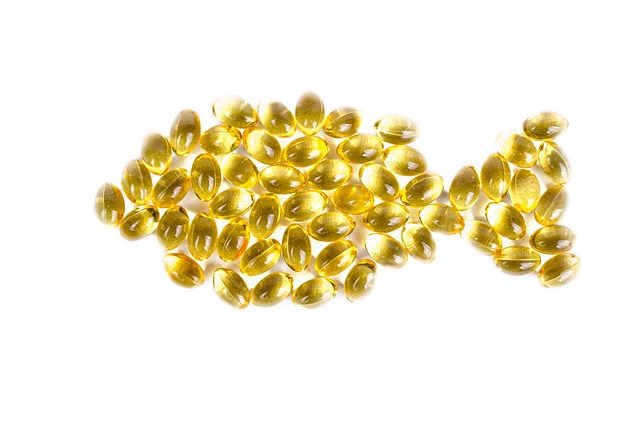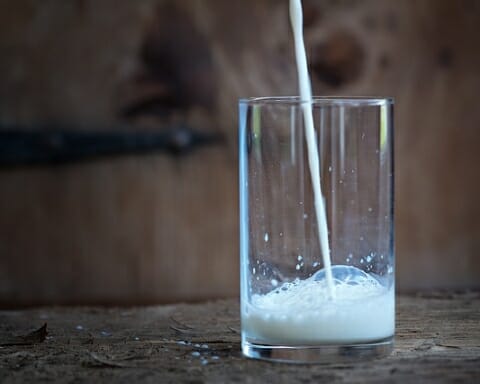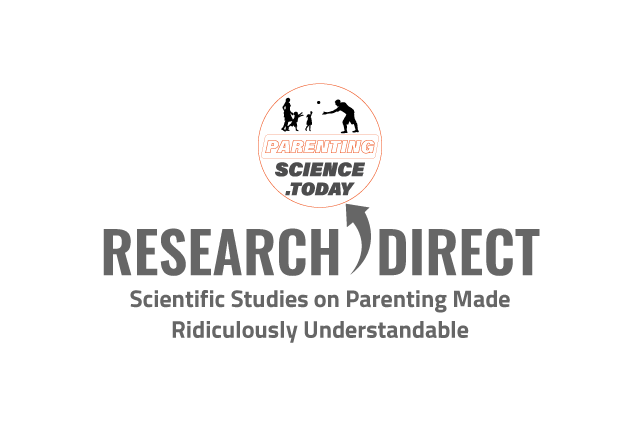Some nursing mothers consume fish oil while breastfeeding their babies. However, a maternal diet rich in polyunsaturated fatty acids during lactation can have long-term detrimental effects on the height and blood pressure of their children.
Long-chain polyunsaturated fatty acids, especially those obtained through breast milk, are necessary for the normal development of children. They positively affect IQ and cardiovascular health. These effects seem to be related to relatively high levels of docosahexaenoic acid (DHA), an omega-3 fatty acid. The level of DHA is higher in breast milk than in infant formulas.
DHA has also been linked to better body mass index (BMI), accelerated brain development, and the regulation of blood pressure.
However, some studies that have investigated the effects of early dietary supplementation with polyunsaturated fatty acids show that supplementation may negatively affect children’s health later on. These studies (many of them carried out on experimental animals) have shown that polyunsaturated fatty acids can affect the proliferation of fat cells and act as a protective factor in early childhood, but a rebound effect can occur in which the fatty acids become harmful later in life.
An Investigation
A team of Danish and Canadian specialists conducted a thirteen-year follow-up study titled “Maternal Fish Oil Supplementation during Lactation Is Associated with Reduced Height at 13 Years of Age and Higher Blood Pressure in Boys Only,” based on a double-blind randomized controlled trial on lactating mothers.
Healthy, pregnant Danish women were recruited for the study over a period of almost a year (December 1998 to November 1999). In total, 140 women started the study; thirteen years later, 100 women completed it, along with their respective children.
All of the women consumed polyunsaturated fatty acids from fish. They were sorted into groups based on their level of fish intake. Those who consumed small amounts of fish were randomly divided into two groups. One group received fish oil, while the other group received olive oil. A third group (the control group) included the women who consumed high amounts of fish.
All participants were encouraged to exclusively breastfeed their children for four months, during which time the mothers consumed polyunsaturated fatty acid supplements. Almost all of them (88 percent) complied with this instruction.
Different measurements, including paternal height, maternal height, the mother’s age at birth, birth weight, birth height, breastfeeding duration, the percentage of DHA in breast milk, and the infant’s erythrocyte DHA levels at four months, were made before delivery, for several months after birth, and finally, till thirteen years, which was when the study ended.
Findings
The follow-up study showed that adolescent children of mothers who consumed fish oil during lactation were shorter than those whose mothers consumed olive oil, an association that seems to be driven by slower maturation during puberty. The slower maturation seen with early fish oil supplementation could be due to a different growth pattern and not necessarily the intake of polyunsaturated fatty acids.
Also, only the boys of mothers who consumed fish oil showed higher blood pressure compared to the boys of mothers who consumed olive oil. There were no differences in blood pressure between the girls in both groups.
The higher blood pressures of the thirteen-year-old boys who were exposed to breast milk supplemented with fish oil rather than olive oil during infancy seems to indicate that sexual genre is an important determinant of the effect of long-chain polyunsaturated fatty acids. This result is likely mediated by the influence of sex hormones on the synthesis of those fatty acids, resulting in higher DHA levels in the liver and plasma of females compared to males.
Conclusion
In conclusion, the results of this study show that early maternal omega-3 long-chain polyunsaturated fatty acid intake was associated with lower height in early adolescence and with higher blood pressure in boys.
However, due to the small sample size of the study, these novel findings need to be confirmed in the context of larger randomized controlled trials. Mothers should exercise caution when using these types of supplements during lactation.
Talk to a doctor about any concerns regarding the consumption of polyunsaturated fatty acids during lactation.

References:
Lauritzen, Lotte, S. E. Eriksen, Mads Fiil Hjorth, Maria Søgaard Nielsen, Sjurdur F. Olsen, K. D. Stark, Kim F. Michaelsen, and Camilla Trab Damsgaard. “Maternal Fish Oil Supplementation during Lactation Is Associated with Reduced Height at 13 Years of Age and Higher Blood Pressure in Boys Only.” British Journal of Nutrition 116, no. 12 (2016): 2082–2090. Retrieved from https://www.cambridge.org/core
Larnkjær, Anni, Jeppe H. Christensen, Kim F. Michaelsen, and Lotte Lauritzen. “Maternal Fish Oil Supplementation during Lactation Does Not Affect Blood Pressure, Pulse Wave Velocity, or Heart Rate Variability in 2.5-Y-Old Children.” The Journal of Nutrition 136, no. 6 (2006): 1539–1544. Retrived from https://academic.oup.com
Asserhøj, Marie, Sofie Nehammer, Jeppe Matthiessen, Kim F. Michaelsen, and Lotte Lauritzen. “Maternal Fish Oil Supplementation during Lactation May Adversely Affect Long-Term Blood Pressure, Energy Intake, and Physical Activity of 7-Year-Old Boys.” The Journal of Nutrition 139, no. 2 (2009): 298–304. Retrieved from https://academic.oup.com/jn
Some of the information presented on this site is very scientific in nature, and therefore, may or may not apply to all moms, but it is perfectly applicable to health workers like doctors, nurses, and pediatricians who deal with young children, infants, and toddlers in their line of work. Therefore, readers’ discretion is advised.













